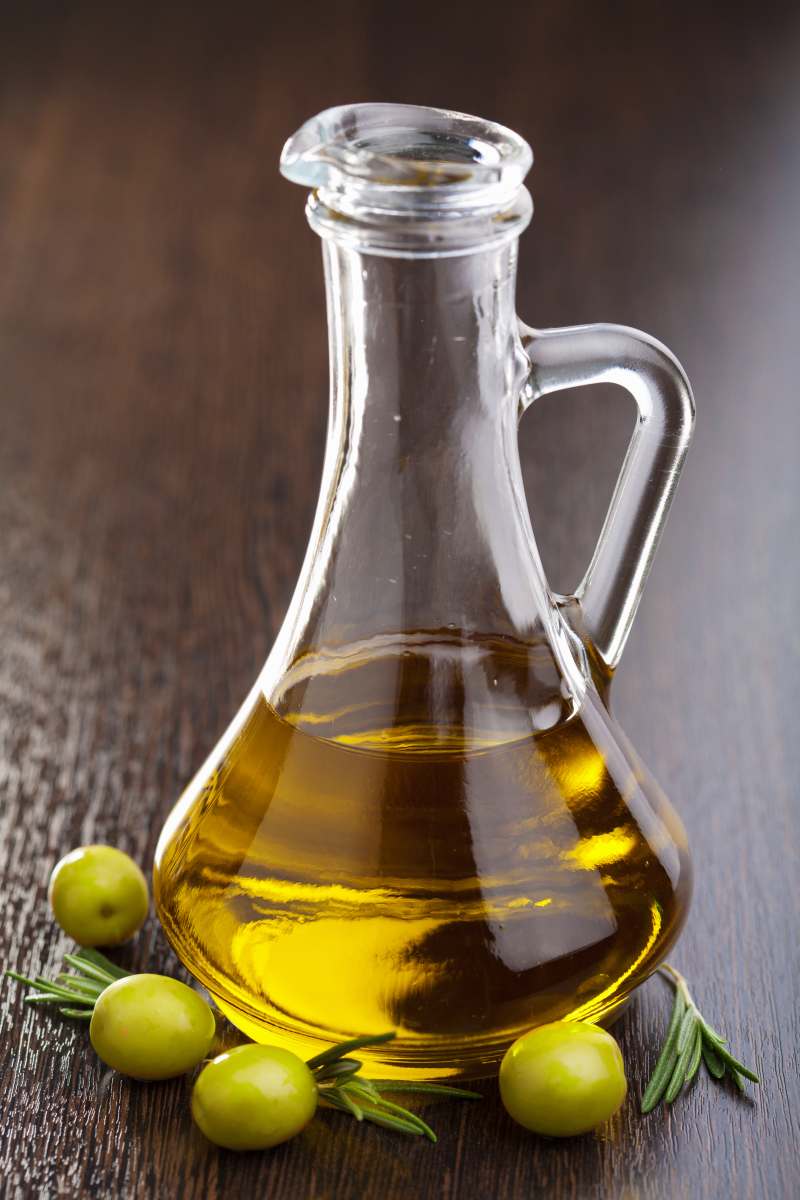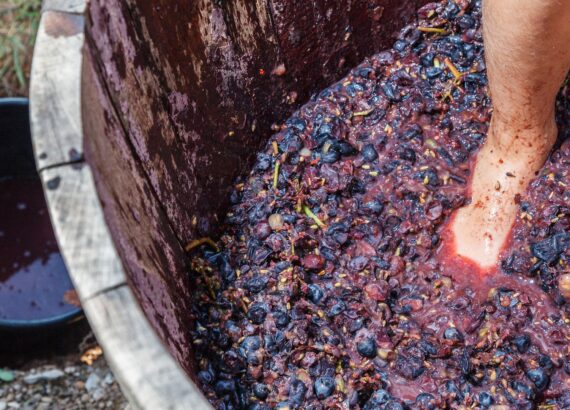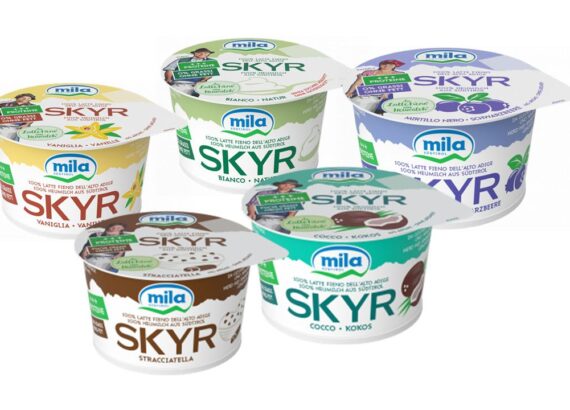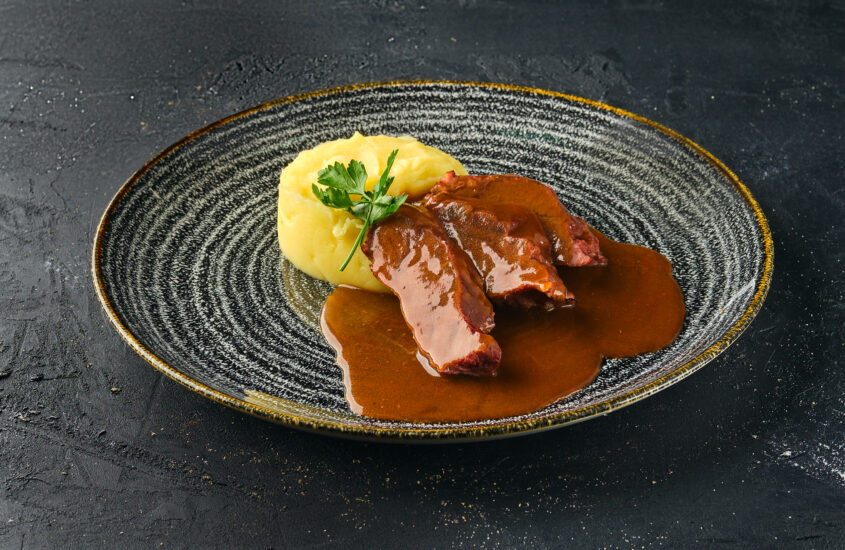Difference between Extra Virgin Olive Oil and Olive Oil
A question that often arises is: what is the difference between extra virgin olive oil and olive oil?
Let’s start by explaining what extra virgin olive oil is. The acronym EVO was introduced by the agronomist Epifani and is used to indicate extra virgin olive oil.
But what is the difference between olive oil and extra virgin olive oil?
The answer is simple: extra virgin olive oil is an oil obtained exclusively through mechanical procedures, which allow to maintain all the properties of the olive fruit. Olive oil is obtained from a blend of refined olive oils and virgin olive oils.
Extra virgin olive oil (or EVO oil) is the most natural product that can be obtained, a real olive juice.

Virgin olive oil is produced like extra virgin olive oil through mechanical processes, but does not fully satisfy those analytical and organoleptic parameters that make it one of the extra virgin oils.
Lampante oil is an oil that is classified as virgin because it is produced by mechanical extraction of the olives. However, this product has high levels of acidity and can be unpleasant to the taste and smell.
Pomace is the paste that remains after the first squeezing of virgin and extra virgin olive oil.
However, this waste material is still rich in oil which can be extracted by treatment with solvents or by physical processes.
The result is crude pomace oil which, in order to become edible, must undergo a further refining process.












